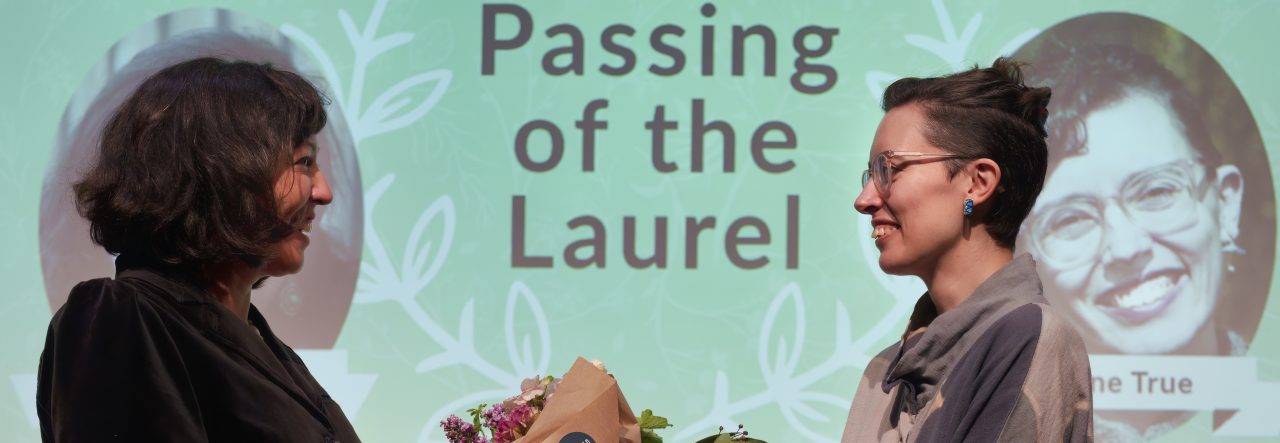Fire Summer
Not one, but many
so many
you thought the whole valley would burn
gone up together like some sort of
end-of-the-world rapture.
It was the summer of texts and Facebook and
pack-your-things-oh-my-god-there’s-no-time
get out
get out
get out.
What did we take?
You looked around: a brown sweater,
a pair of shoes, that skirt you never wore,
no, leave that.
The dog, of course, the dog.
You wouldn’t leave the dog, or the cat
but you had to choose.
Time to go.
You stumbled to the car,
you heard someone crying- it was you- but you didn’t recognize the voice
because it was new.
Strange, keening sobs as you gunned the engine and pulled away
leaving the place you thought
your babies would grow up,
bring their first boyfriends,
have that wedding with
candles and sunflowers and white table cloths.
You left when the Shasta daisies were blooming,
whole hosts of them
glowing like fireflies in the almost-dark.
You wanted to kiss them
bury your face in them
say goodbye to the roses that just opened that morning.
You drove away without looking back
because the fire was ahead of you
blazing away like some kind of freak show, the
whole mountain lit up and shining
trees exploding like bombs.
You drove too fast, reckless, crazy
the firefighters turned away when they saw you because
there was nothing to say.
It felt like the
end
of the world
that summer.
You got drunk on white wine and blueberries,
went swimming in the river,
you dove
down
down
down.
Down there with the fishes
grazing your hands on river rock
slippery with silt
you could forget
the image of your friend’s house burning
incandescent,
like a sunset
burning-flesh
smell of smoke and
scorched earth and
burnt-over landscape.
For a moment you were
just a girl underwater
everything
beautiful
and
perfectly
still.
–Julie Tate
Julie Tate Libby is an anthropologist/sociologist who lives in the Methow Valley and has written about regional issues such as amenity migration, socioeconomic restructuring and tourism in North Central Washington. She teaches anthropology and sociology at Wenatchee Valley College. This is her first attempt at poetry.

